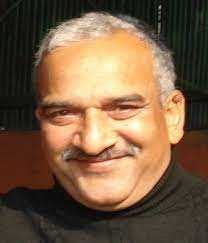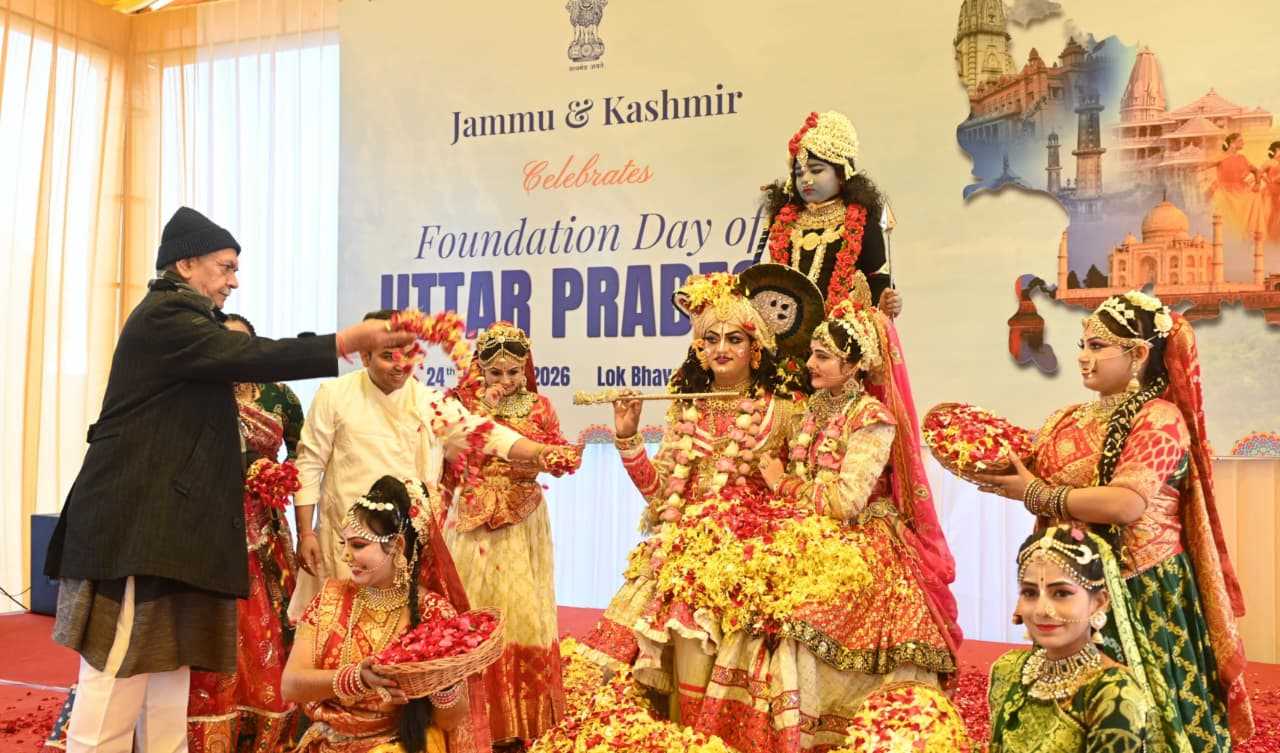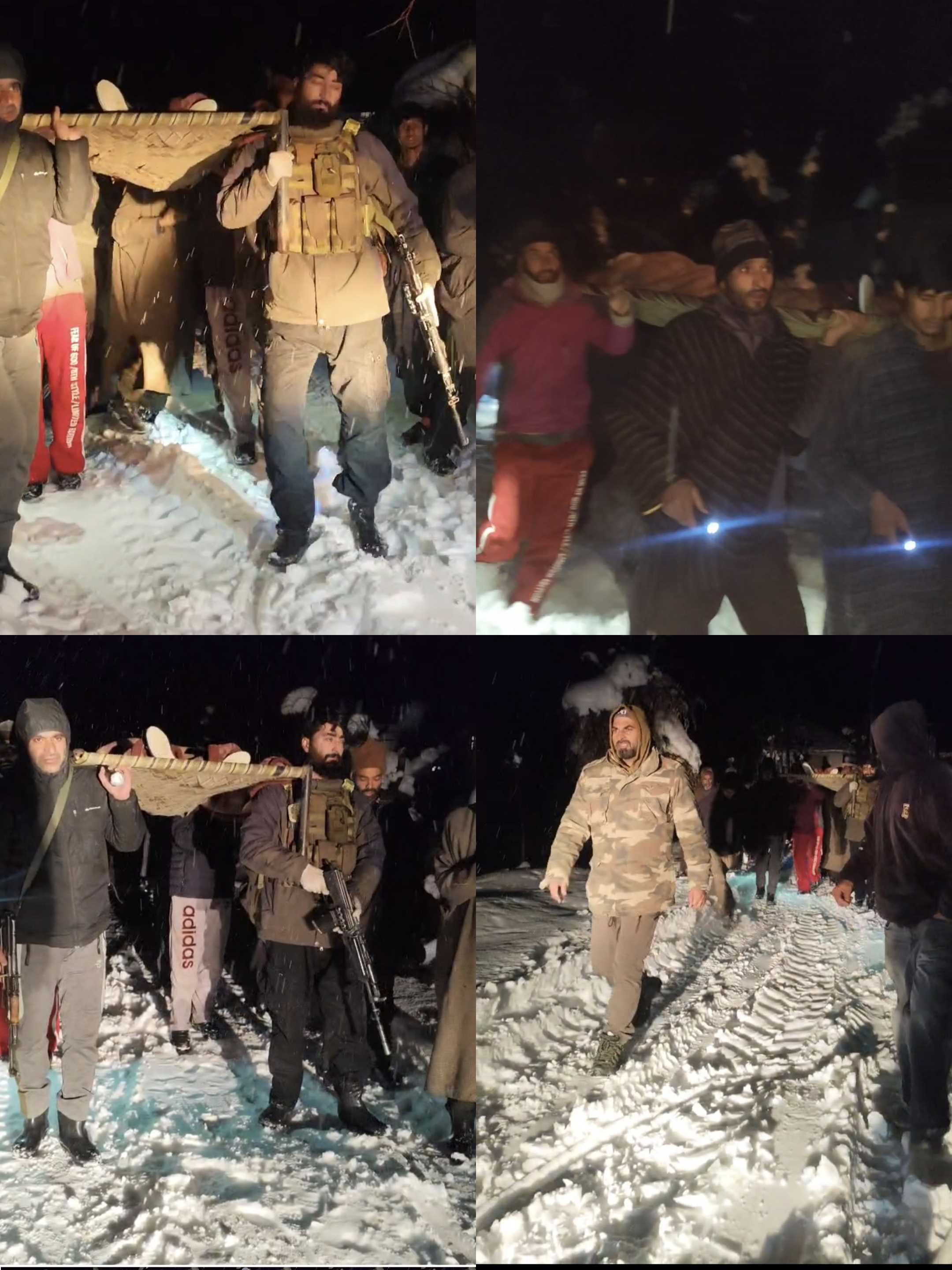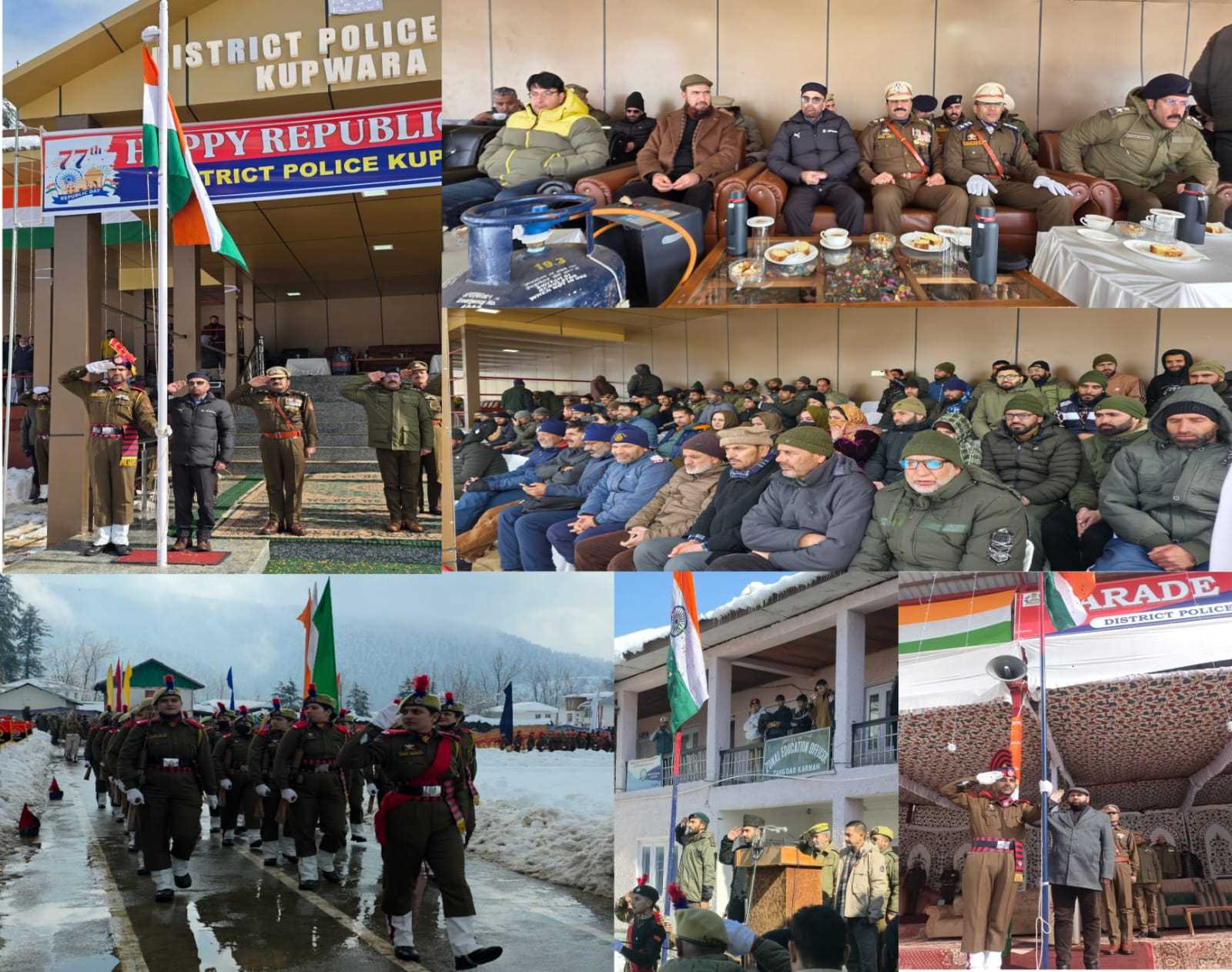It was the immense human cost that France paid during World War I that made civilian leaders question the military’s strategy and conduct of the war that prompted the then French Prime Minister Georges Clemenceau’s to make his famous “war is too important a matter to be left to Generals” remark. However, the popular belief that this seemingly brusque statement is a derogatory observation made by a politician that insults the professional ability of military leadership to handle warfare is misplaced.
What Clemenceau actually wished to convey was the vital and inescapable importance of civil control over the military as well as the need for the political leadership to set the overall strategy and objectives of war. Famous Indian statesman and philosopher Chanakya [375- 283 BC] has lucidly explained why this arrangement is necessary in the overall interests of the kingdom [country] by expounding a six-fold foreign policy [Shadguna], with war being one of the options.
Decision Making
Author of Arthshastra a comprehensive treatise on statecraft, economic policy, and military strategy, Chanakya has maintained that a king should only wage war [Vigraha] when he’s confident of his strength and in situations where this option offers a clear advantage over peace. Since it entails strategic thinking [Aanvikshiki], only a king with his comprehensive assessment of the state is competent to take the decision of going to war.
He has further stated that while an army chief [General] has the onerous responsibility of exercising overall command of the forces and formulating battlefield tactics, declaring war or initiating peace is a strategic political decision that only a king [political head] in consultation with his council of ministers can take.
Chanakya’s dictums on war and peace are faithfully followed in India and its military implicitly respects the legislature’s supremacy in this regard. But the same cannot be said about the Pakistan army which believes [to use ex-President and former army chief Gen Pervez Musharraf’s words] that “military rule has always brought the country back on track, whereas civilian governments have always derailed it.”
Rawalpindi seems to be inspired by famous Chinese military General, strategist, philosopher and writer Sun Tzu [544- 496 BC] who’s take on decision making and waging war is just the opposite of what Chanakya has stated. In his treatise The Art of War, Sun Tzu mentions that “He [the General] will win who has military capacity and is not interfered with by the sovereign,” and this viewpoint suits the top leadership of Pakistan’s army.
Unfortunately, despite there being absolutely no interference whatsoever from the country’s emaciated legislature, whenever its Generals have decided to wage war, the Pakistan army ended up losing it- a humiliating distinction it desperately tries concealing through bombastic rhetoric.
But Sun Tzu can’t be blamed for Rawalpindi’s repeated failures because his quote ibid has been applied by Pakistani Generals in isolation and not followed in toto. The very first condition for victory spelt out by Sun Tzu is that “He will win who knows when to fight and when not to fight,” and arriving at this critical decision is definitely not Rawalpindi’s cup of tea. Rawalpindi’s grossly inflated view of its “military capacity” makes matters worse.
When Generals Declare War
Within weeks of Pakistan’s creation, its army decided to launch Operation Gulmarg, a military campaign to annex J&K in the guise of a tribal invasion which was thwarted by the Indian army. That the Pakistan army didn’t learn any lessons from its previous military failure is evident from the fact that in 1965, it once again attempted to annex J&K through another military campaign when Field Marshal Ayub Khan was at the helm of affairs in Pakistan.
Codenamed Operation Gibraltar this battle plan envisaged infiltrating regular soldiers disguised as razakars [civilian volunteers] who would incite a local insurrection in J&K. No big surprise that just like Operation Gulmarg, this covert military campaign too failed and pushed Pakistan into a full blown war with India.
A classic example of Pakistan army’s extraordinarily delusional assessment of its “military capacity” can be found in Gen Yahya Khan’s ill-considered decision to declare war against India on December 3, 1971. He blindly relied on the army’s ‘defence of East Pakistan lies in the West’ doctrine based on the bizarre assumption that a massive offensive on India’s Western front would yield significant territorial gains that could be subsequently used as a bargaining chip to protect East Pakistan.
This plan failed miserably and led to the creation of Bangladesh. Gen Pervez Musharraf’s 1999 Kargil misadventure is another glaring example of Rawalpindi’s ludicrous evaluation of its military capacity. Gen Musharraf’s glaring underestimation of the Indian army’s known tenacity and remarkable ability to overcome heavy odds led to the Pakistan army’s shameful withdrawal.
The most repulsive part was that in order to keep up its puerile façade portraying army regulars involved in this operation as mujahideen [Islamic fighters], the Pakistan army disowned and left behind the dead bodies of its rank and file killed in combat.
Can there be anything more shameful than this?
No Regrets
Since the Pakistan army isn’t answerable to anyone, a cavalier mindset has infected its top brass. So it’s not at all surprising that Generals have not only overthrown democratically elected prime ministers but even hanged one, not to forget its abominable role in facilitating the assassination of a former prime minister by wilfully denying her requisite security cover.
Rawalpindi’s obsession of using excessive military force to subdue opposition has accentuated internal unrest and but also damaged relations with neighbours, and the current Pakistan-Afghanistan military standoff that it triggered is the latest example.
Yet, even though Khyber Pakhtunkhwa [KP] and Balochistan are up in flames, Field Marshal Munir seems to be no mood to review the Pakistan army’s self-debilitating strategy of inflicting collective punishment on the people hapless people of KP and Balochistan in garb of war on terror.
So, isn’t war truly a matter too serious to be left to Generals?
Email:--------------------nileshkunwar.56@gmail.com







